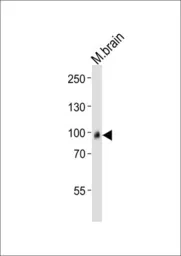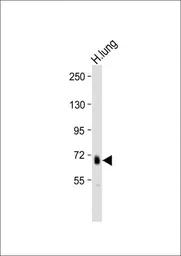ADAMTS4 antibody, C-term
Cat. No. GTX81446
Cat. No. GTX81446
-
HostRabbit
-
ClonalityPolyclonal
-
IsotypeIgG
-
ApplicationsWB
-
ReactivityHuman, Mouse


